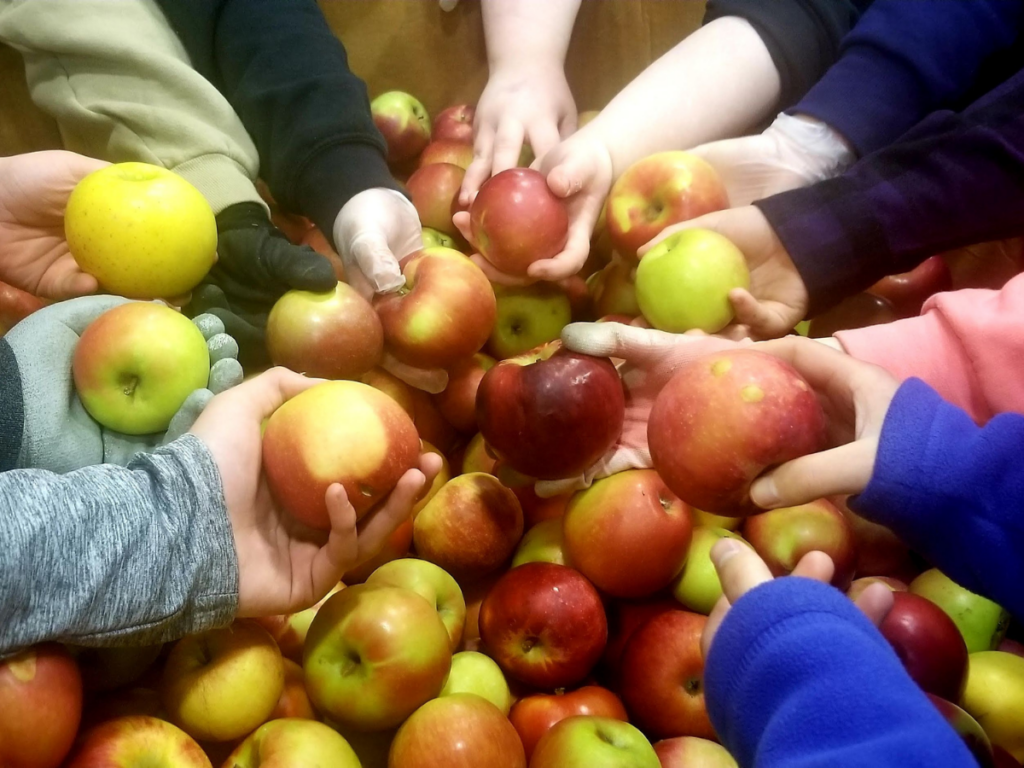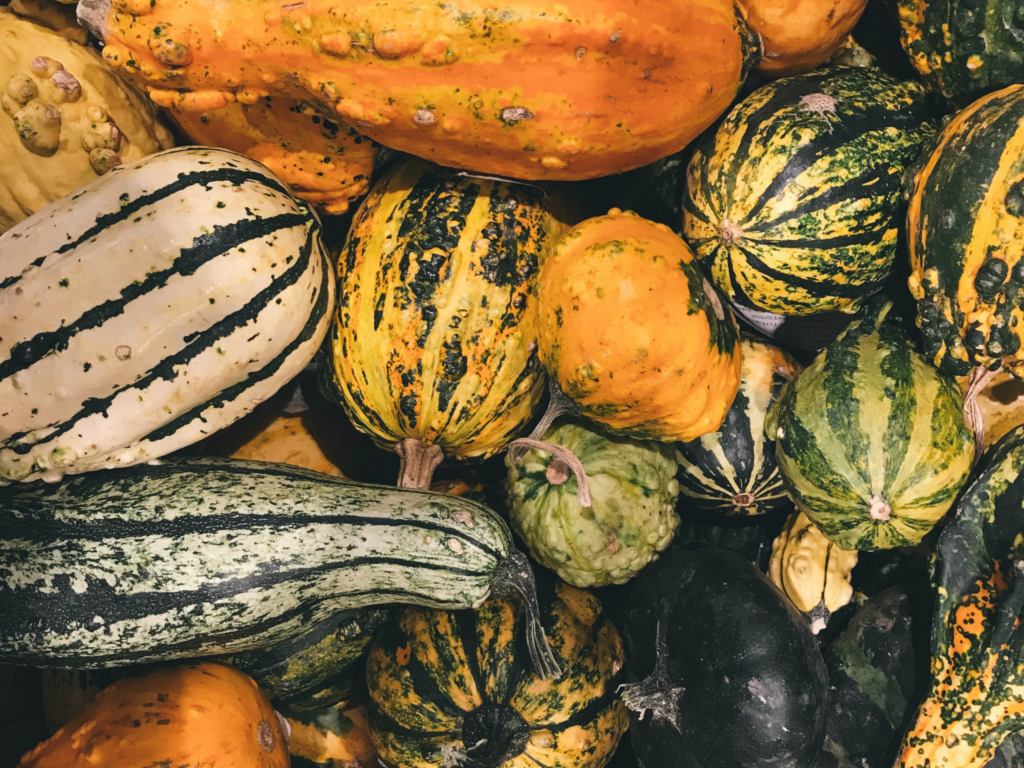Book List (K-5)
No one is too young to begin learning about hunger in our communities. Use these picture books to facilitate discussions with kids of all ages.
- How Full is Your Bucket?
- Demonstrates the importance of being kind to others and building each other up. Each of us is coming from a different place depending on our interactions with others.
- One Green Apple
- We all are different, but diversity makes us stronger. This book emphasizes the importance of inclusion.
- Maddi’s Fridge
- Explores what childhood hunger is and how kids can help each other.
- Poverty and Hunger
- A book explaining the concepts of hunger and poverty for kids.
- Meeting Needs in Our Community
- For upper elementary. Introduces the food cycle and how our markets can result in food insecurity and what we can do to help.
- Don’t Waste Your Food
- A book about food waste and how reducing food waste can increase food security.
- Lulu and the Hunger Monster
- Uses personification to demonstrate what hunger might feel like and also gives background as to how a food bank works.
- Saturday at the Food Pantry
- Explains what it might be like to utilize a food pantry and breaks down stigma.
- The Good Garden
- How to utilize sustainable farming practices, and also shares how some people exploit farmers.
- Rah Rah Radishes
- A chant book highlighting different vegetables.
- One Hen
- A story of how one boy’s idea to use leftover money from a community loan helped his community to flourish.




